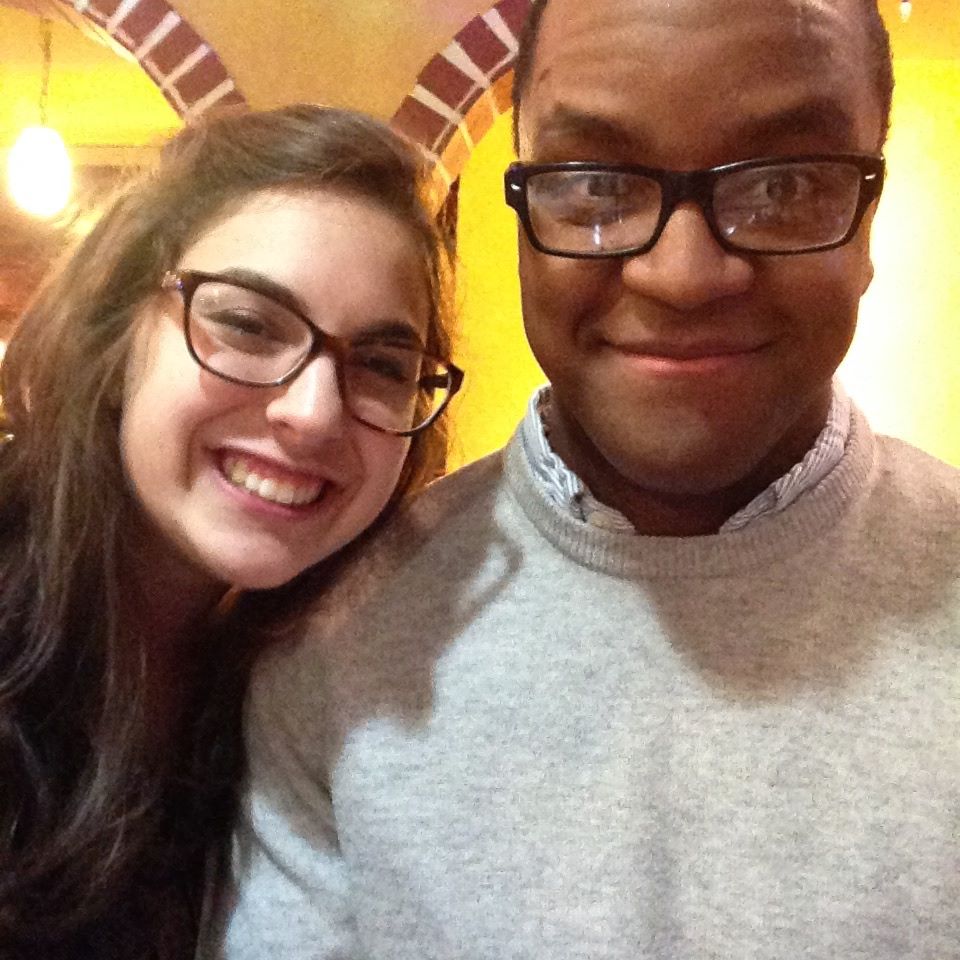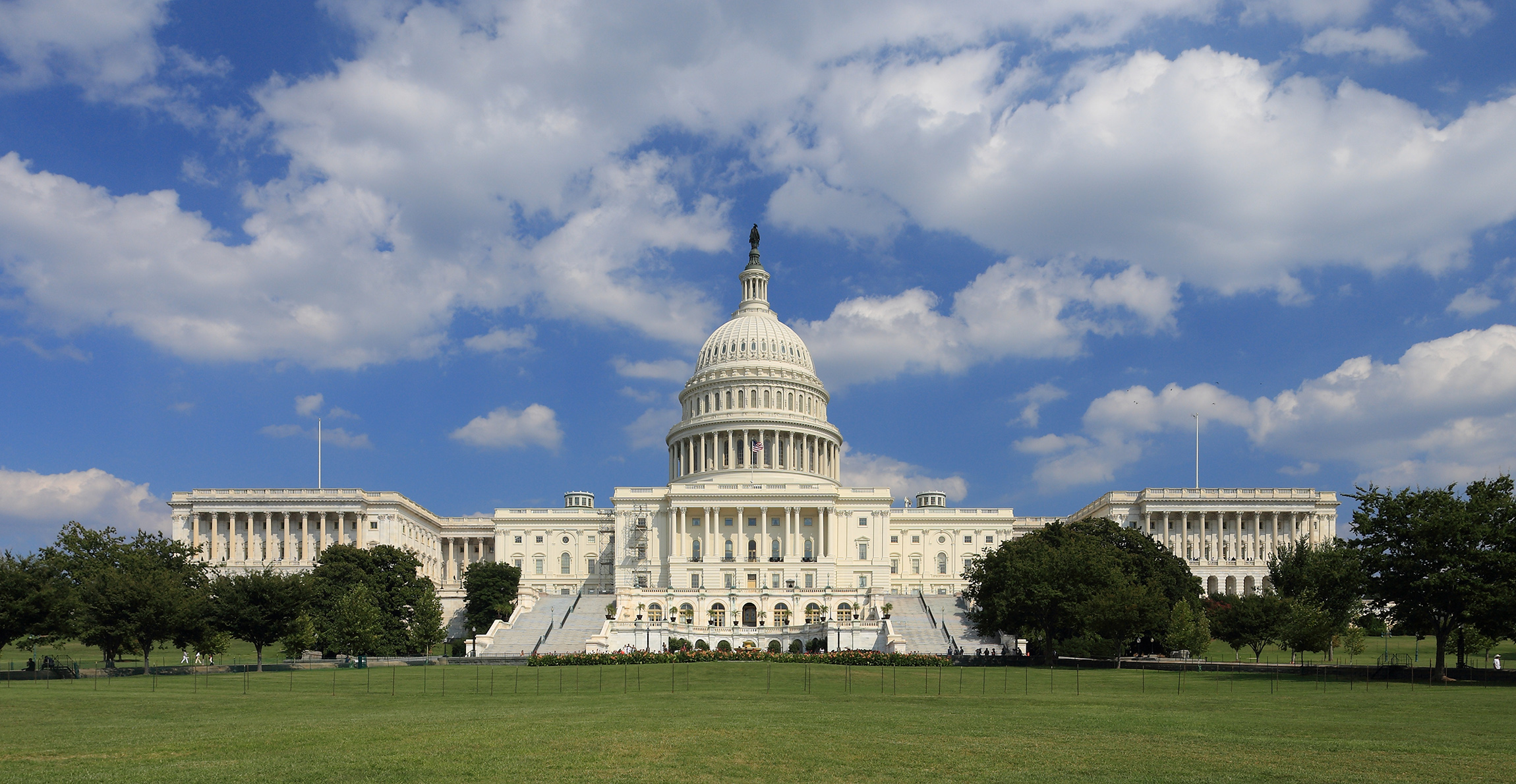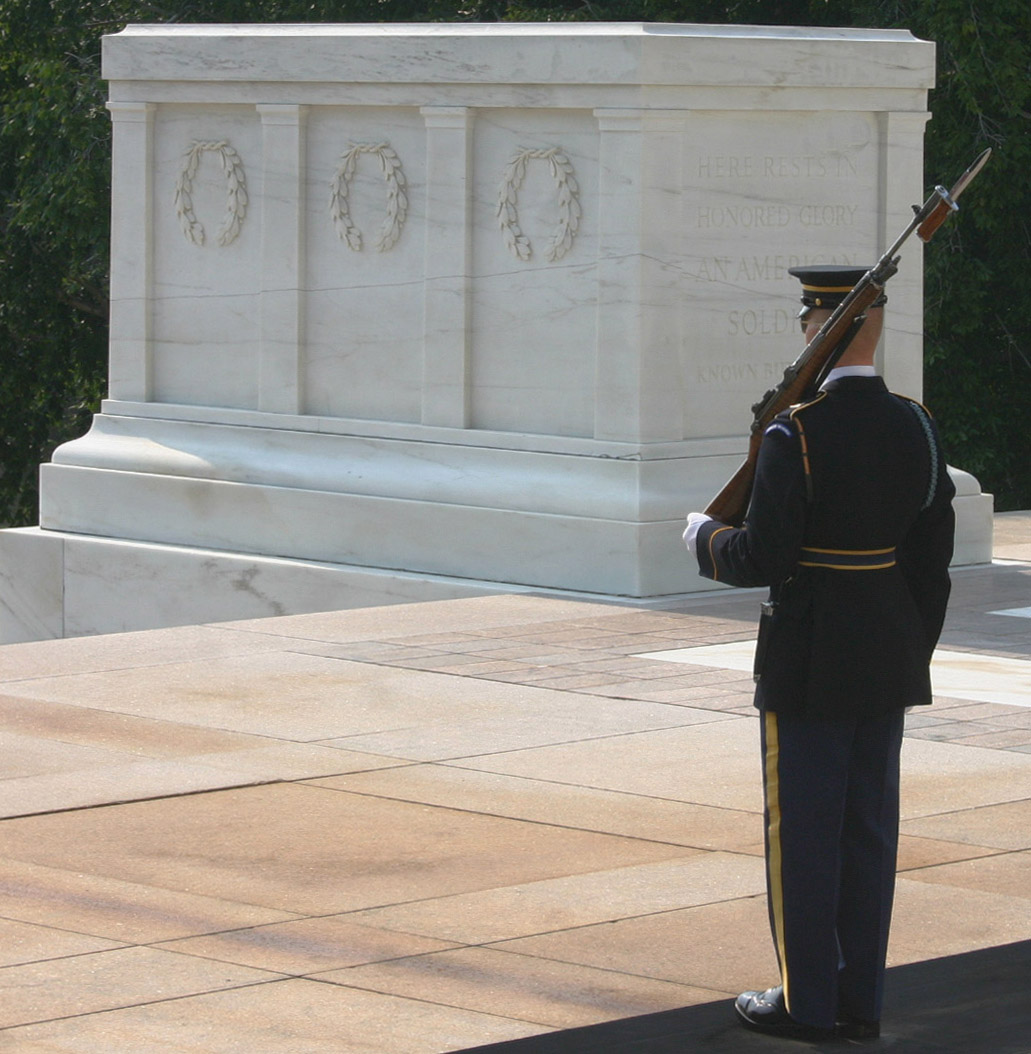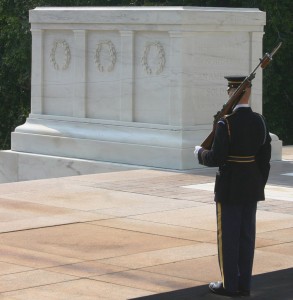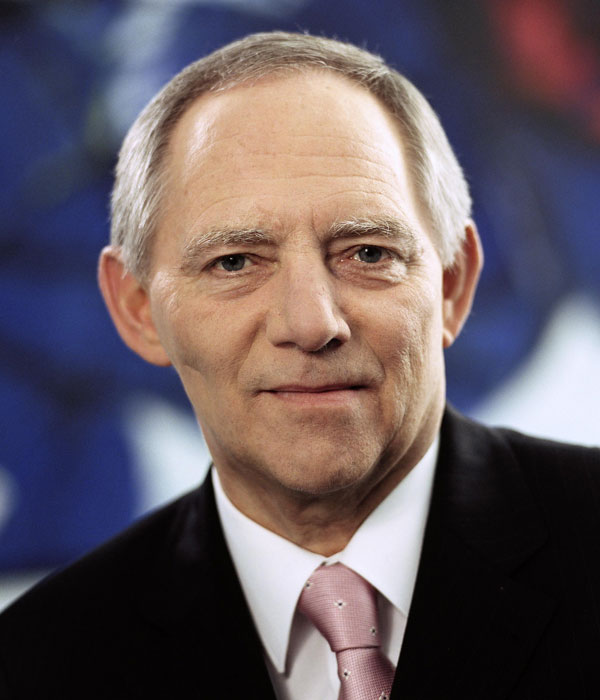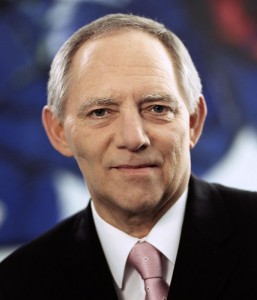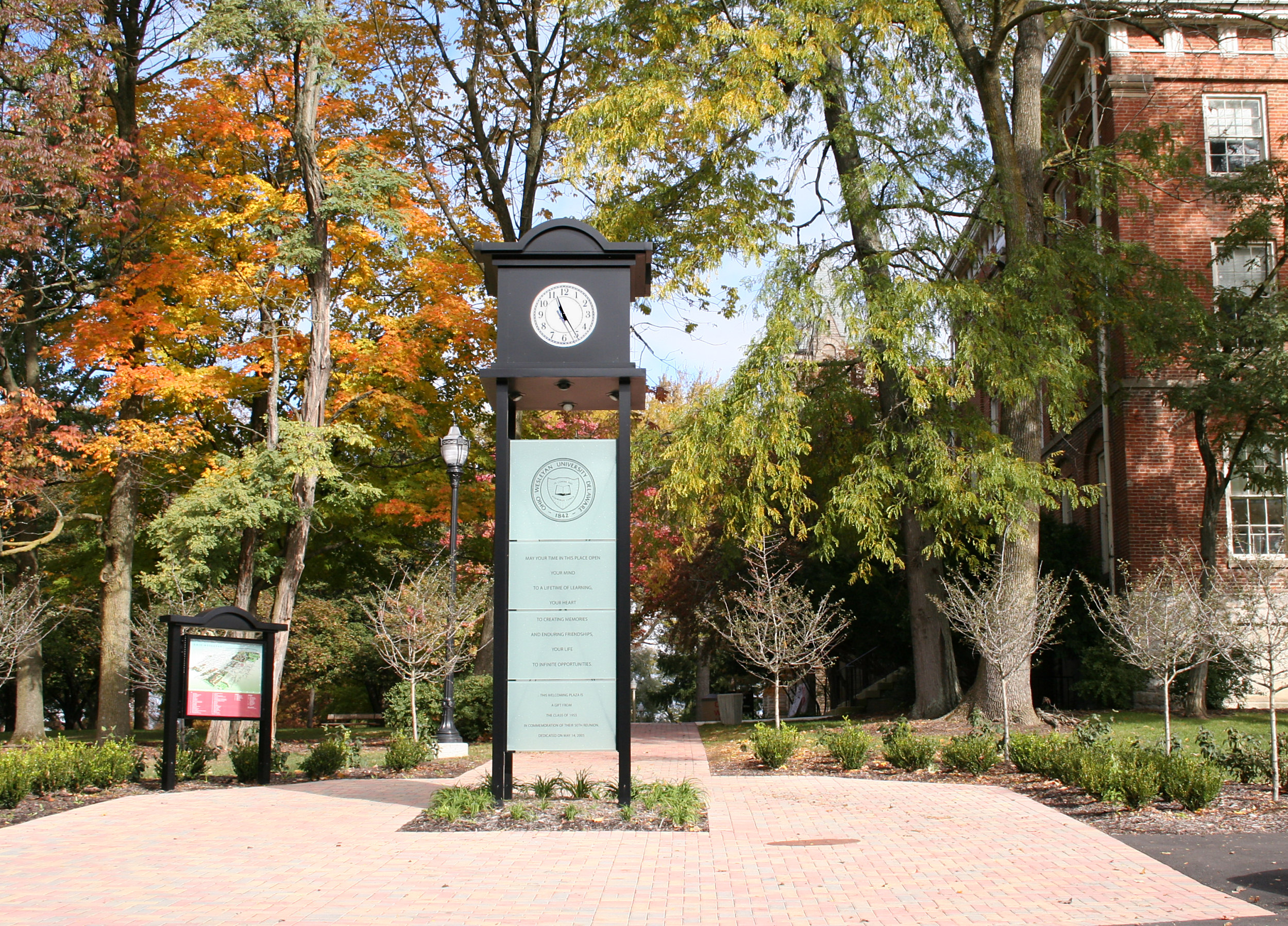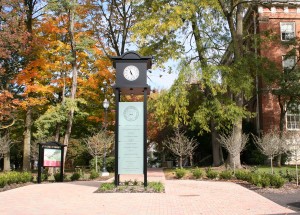I cannot believe I’m old enough to be the editor-in-chief of The Transcript. I know it sounds silly, but I still think I’m 15 years old and in high school, not a 21-year-old junior in college. My high school paper consisted of three of us, which ultimately resulted in its demise upon our graduation.
I’ve wanted to be a journalist since I was in fourth grade when I first really watched the nightly news. I wanted to be the person who gave the news. I also wanted to be a veterinarian, but that is besides the point.
Ever since I found out it was possible to be a journalist, I tried to become one. I’ve written for every publication I could get my hands on. And when looking at colleges, I made sure there was a journalism program available, which is one of the reasons why I ended up at Ohio Wesleyan University.
I cannot believe I’m at the helm of a publication that has shaped my college career for the better. Without The Transcript, I would wander aimlessly through campus without any direction whatsoever.
The Transcript has been a part of my life even before I enrolled at OWU. When I visited potential colleges, I would read each of their newspapers. And through The Transcript, I found out one of my camp friends was the daughter of one of my dad’s work friends.
I realized it was such a small world, all through this publication. All the other schools I looked at had publications, but none were of the quality of the Transcript. Nor did they have that connection like the The Transcript did.
I joined The Transcript when I was a nervous and unsure freshman. The first meeting I went to, I was intimidated by the people who surrounded me in that computer lab.
They all seemed like such journalists and like they knew what they were doing, and they would see right through my charade. I wanted to be as involved as possible, and I wrote any chance I got.
Sure, I wasn’t an amazing writer, but slowly my writing improved and I became more self-confident. With the help of my fellow reporters, I knew what questions to ask when interviewing subjects.
And those people who intimidated me with their reporting skills became such an integral part of my life. I cannot imagine them not being in my life, and I’m grateful I spoke up in those meetings.
My predecessors are among my closest friends and confidants; they are the people who made my passion for journalism grow even stronger. They push me to be a better writer, editor and person. They encourage me to branch out and tackle stories that I would normally not take on. And without them, my love for writing would not be like it is now.
I want to encourage any scared freshman that wants to write to come to our meetings. I want them to have the amazing experience and meet people who will change their lives. Don’t be intimidated like I was; you’ll find your groove and become the writer you aspire to be.
To me, The Transcript is much more than a publication. It’s a way of life; it’s a passion. It’s what you stay up all night working on, what you stress out about, what makes you feel proud of yourself.
As cliché as this sounds, I cannot imagine my college career without The Transcript. I know I would not be the jaded yet optimistic person I am.


